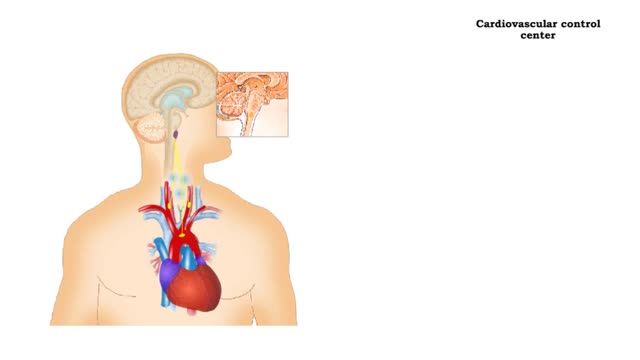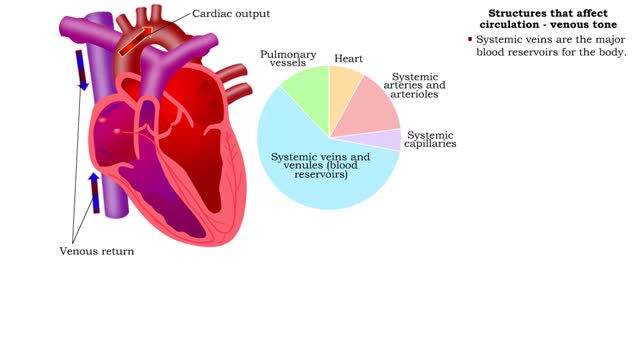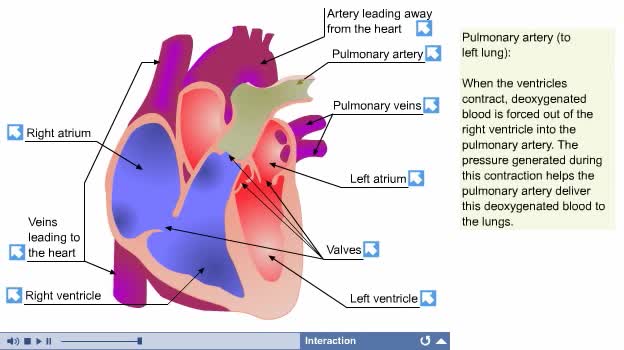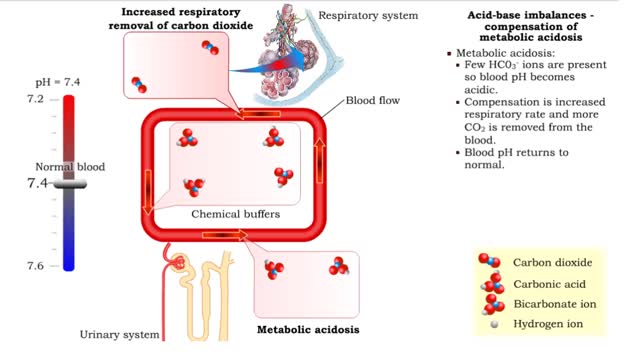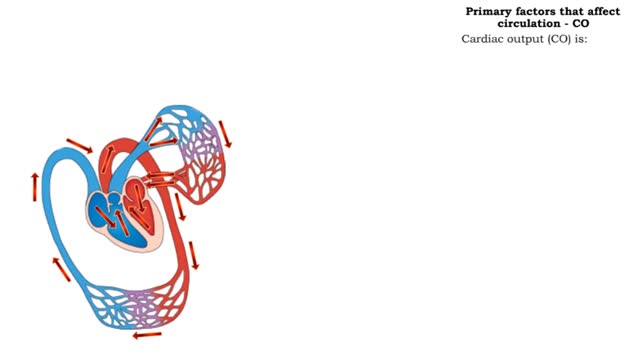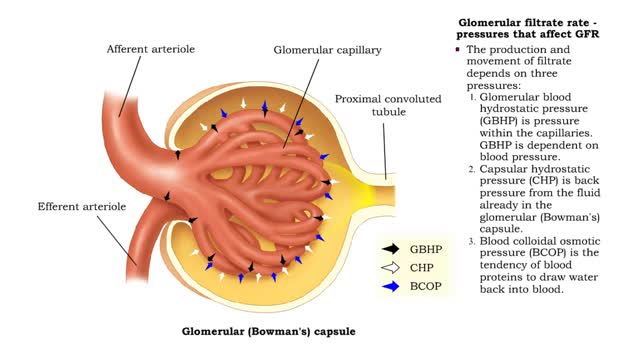Search Results
Results for: 'Blood Pco2'
By: HWC, Views: 10862
■ Secreted by kidney cells when blood oxygen is low. ■ Targets cells in red bone marrow that will become red blood cells. ■ Promotes increased numbers of mature red blood cells. ■ More mature red blood cells carry more oxygen so blood oxygen level is restored to normal.
By: Administrator, Views: 14208
How blood tests are performed by a professional nurse.
Negative Feedback Regulation of Blood Pressure
By: HWC, Views: 11281
stimulus • Blood pressure determines the flow of blood to and from capillaries. • Low blood pressure results in reduced blood flow. • High blood pressure can cause blood vessels to break. Baroreceptors • The aortic arch carries blood to the body. • The common carotids ca...
By: Administrator, Views: 14603
Hb A1C Test Blood test used to: diagnose diabetes identify people at risk of developing diabetes monitor how well blood sugar levels are being controlled by the diabetic patient Fasting Blood Sugar (FBS) Test performed on blood to determine the level of sugar in the bloodstream. Also ref...
Structures that affect circulation - kidneys, blood volume and venous tone
By: HWC, Views: 11389
• Kidneys regulate blood volume and blood osmolarity via salt and water reabsorption. • Increased reabsorption increases blood volume and venous return (and CO). • Decreased reabsorption increases urine production, which decreases blood volume and venous return (and CO). • Systemi...
By: Administrator, Views: 14414
Circulation of blood through the chambers of the heart Septum divides heart into the right and left heart. Each side contains an upper and lower chamber: Atria, or upper chambers, receive blood. Ventricles, or lower chambers, pump blood. Valves control intake and outflow of blood in chamber...
Acid-base imbalances - compensation of metabolic acidosis and alkalosis
By: HWC, Views: 11495
1. Metabolic acidosis: • Few HC03- ions are present so blood pH becomes acidic. • Compensation is increased respiratory rate and more CO2 is removed from the blood. • Blood pH returns to normal. 2. Metabolic alkalosis: • Many HC03- ions are present so blood pH becomes alkaline...
The primary factors that affect circulation - MABP, CO and SVR
By: HWC, Views: 11721
Introduction Blood flow is determined by the relative intensities of factors that drive and resist moving blood. • Cardiac output (CO) equals the mean arterial blood pressure (MABP, a driving force) divided by systemic vascular resistance (SVR, a resisting force). • Hormones and the cen...
Glomerular filtrate rate: pressures that affect GFR, NFP & GFR and blood composition
By: HWC, Views: 11828
• The glomerular filtration rate is the amount of filtrate formed per minute within the renal corpuscle. • Once the filtrate is formed it moves down the tubule. • The production and movement of filtrate depends on three pressures: I. Glomerular blood hydrostatic pressure (GBHP) is ...
Advertisement





